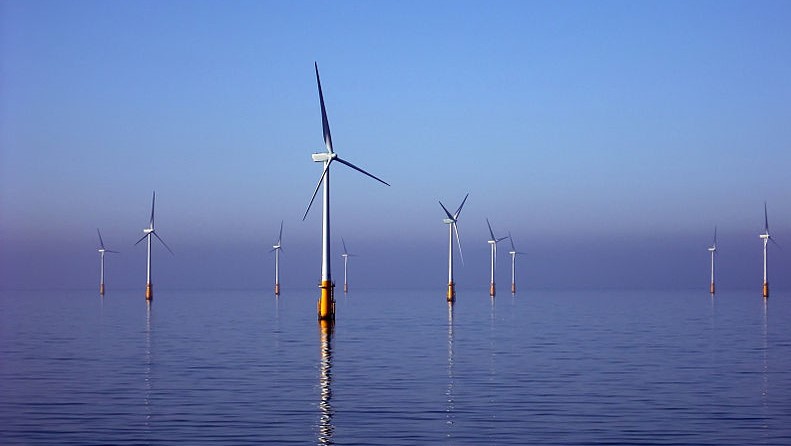No renewable heating upgrades in school retrofit pilot scheme

May 15th, 2019
None of the 17 schools identified for energy efficiency upgrades as part of a Government pilot project are slated to have their heating schemes upgraded to non-fossil fuel systems.
The schools in five counties are set to benefit from €7 million in funding to help reduce energy use by up to 33 per cent under a government-funded retrofit pilot programme.
Now in its third year, the scheme is said to involve upgrades to doors and windows, insulation, lighting and heating upgrades as well as renewable technologies.
The SEAI-supported scheme was described by the Minister for Education and Skills Joe McHugh TD in March as a cost-effective solution to “turn older school buildings into top-rated energy-efficient buildings”.
Richard Bruton, the Minister for Climate Action, also heralded the scheme as providing “best practice energy efficiency measures” that will see schools reap both financial and comfort levels afforded by the energy upgrades.
The Green News has learned, however, that none of the 17 schools are set to receive upgrades to non-fossil fuel heating systems.
The Department of Education confirmed that only one of the schools is undergoing a “comprehensive assessment” to examine the possibility of converting to an air source heat pump system from an oil heating set-up.
Four of the 17 schools will undergo conversion from oil systems to “high efficiency direct modulating gas heating systems”, the Department added.
Yesterday, the Government put out tenders for two of the schools in Co Donegal, with works including the removal of oil boilers and the installation of new liquefied petroleum gas (LPG) cascading gas boilers.
“The 12 schools not requiring boiler upgrades will remain heated from the same fuel source as pre-retrofit [and] will as a result of the fabric upgrades have a lower fuel consumption,” the Department statement reads.
New figures released by the SEAI this week indicate that 13 per cent of Ireland’s energy will come from renewable sources by 2020, short of our 16 per cent target.
Not doing their homework
Oisin Coghlan, the Director of Friends of the Earth Ireland, said that the authorities engaged in the scheme haven’t done their homework if they “think locking schools into fossil fuel use is a good idea”
“Schools house our future decision makers and the people who will be most affected by climate change, but often in buildings heavily dependent on fossil fuels with large south facing roofs and a notable absence of solar panels,” he added.
FOE recently announced the first winner of its Solar Schools competition to support schools and communities to power themselves with free renewable electricity generated right from their roof.
St Munchin’s College in Co Limerick beat out 39 other schools to win the competition that will see €10,000 worth of solar panels dished out to schools to finance putting solar panels on their rooftops.
In general, however, Mr Coghlan said there are a “myriad of political barriers” prohibiting schools and community groups from taking part in renewable energy projects.
“The technology exists for all schools to be leading the energy transition, generating and running on renewable power with heat pumps and solar panels,” Mr Coghlan said, calling on Mr Bruton to “unlock the opportunity for all schools to get on and do it themselves”.
Decision ‘in conflict’ with climate action
While welcoming the potential change to a renewable heating system in one school, the CEO of Tipperary Energy Agency Paul Kenny said that the decision for the 16 other schools “is firmly in conflict” with the recent findings of the Joint Oireachtas Committee on Climate Action (JOCCA).
“All public bodies need to re-assess plans in terms of their building stock,” he added. “The science of climate change has led our parliament to publish a policy that mandates public bodies to cease installation of fossil fuel heating systems in public buildings.”
Speaking before a Committee hearing this morning, Mr Kenny called on the State to urgently phase-out fossil fuel boilers in all new builds as a priority in order to hit our energy efficiency targets.
The current Government target to retrofit 45,000 houses annually is likely to be increased to 75,000 homes based on a recommendation in the JOCCA report.
“We are currently installing fossil fuel systems in homes so developers can save a few hundred Euros or less and the state will need to incentivise these homeowners to remove them,” Mr Kenny said.
“We are currently going backward in the number of homes we need to retrofit, as we are locking in more fossil fuels in new build homes as we are removing [them] in renovated homes.”
[x_author title=”About the Author”]






